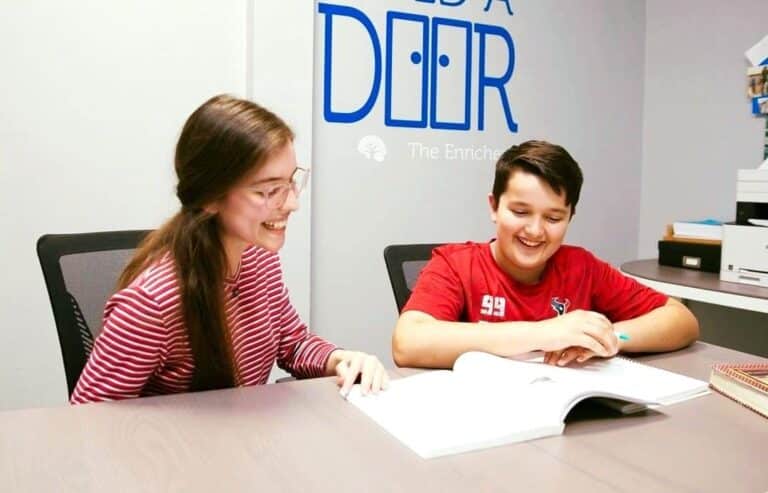Habit Number 6: Synergizing and What it Means to Be Part of a Team

Hard vs. Soft Skills
My church (like most) encourages its members to donate a tithe, or 10% of everything you earn. Because it’s as easy as calculating a (bad) tip, I think it’s the easiest of all commandments—it’s just simple arithmetic, whereas “kindness” and “loving thy neighbor” are extremely difficult to evaluate, and surely impossible to accomplish with auto-pay.

As with tithing, the 7th habit (Sharpening the Saw) is relatively tangible: regularly set aside time for yourself. However difficult it may be to carve out those precious minutes, it’s at least something we can write down in our calendars. It’s concrete, schedulable. The 6th habit, synergizing, is one of those (pesky) intangible, soft skills—impossible to measure and easy to forget in the heat of the moment.

Synergizing as a Way of Life
We can’t schedule an hour a day to synergize. It’s something we must be in the habit of doing all day long, every day. It’s something we must do when we’re volunteering with a hundred other people who have hundred different ideas, when we’re doing a group project with a right-brained pal, when we’re at the office trying to convince everyone to use SharePoint, when we’re at home “helping” our spouse pack the car before a road trip.
According to the penguins, employing this habit can make our lives infinitely more pleasant:
On paper, it’s easy to call yourself a team player. In practice, when it really matters—when the chips are down, when it’s your kid, when your name is on the dotted line, when you’re footing the bill—being a team player requires immense courage, trust, and humility.
How Do We Synergize?
My first boss out of college once commented, “A true leader takes all the blame when things go wrong, and gives her team members all the credit when things go right.” This is the reality we accept when we choose synergy over secrecy, learning over pride.

People who synergize care more about results than recognition. They ask twenty year-old millennials how to navigate that mysterious Cloud. Then, they take the time to explain office politics to their younger counterparts. For results, they’re willing to take risks, try new things, share their knowledge, and swallow their pride. For results, they’re willing to do what it takes (not whatever it takes – an important distinction I could probably write an entire book about).





